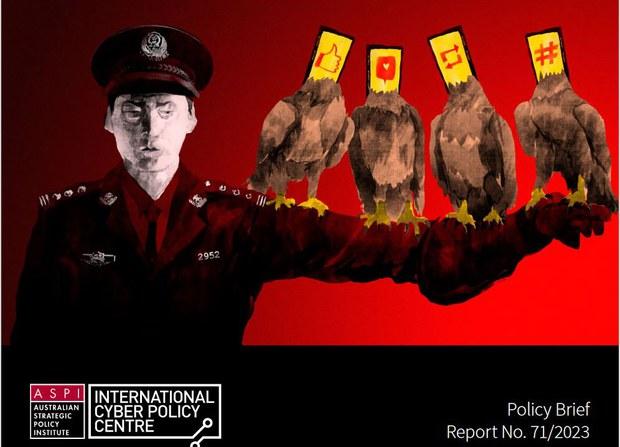The Chinese Communist Party’s (CCP) cyber-influence campaigns against Western democracies on social media have become more frequent, sophisticated, and effective in recent years, with some Chinese companies, such as Qi An Xin, becoming involved.
Named “Gaming Public Opinion,” the report by the Australian Strategic Policy Institute (ASPI) included data collection spanning Twitter, Facebook, Reddit, Sina Weibo, and ByteDance products.




